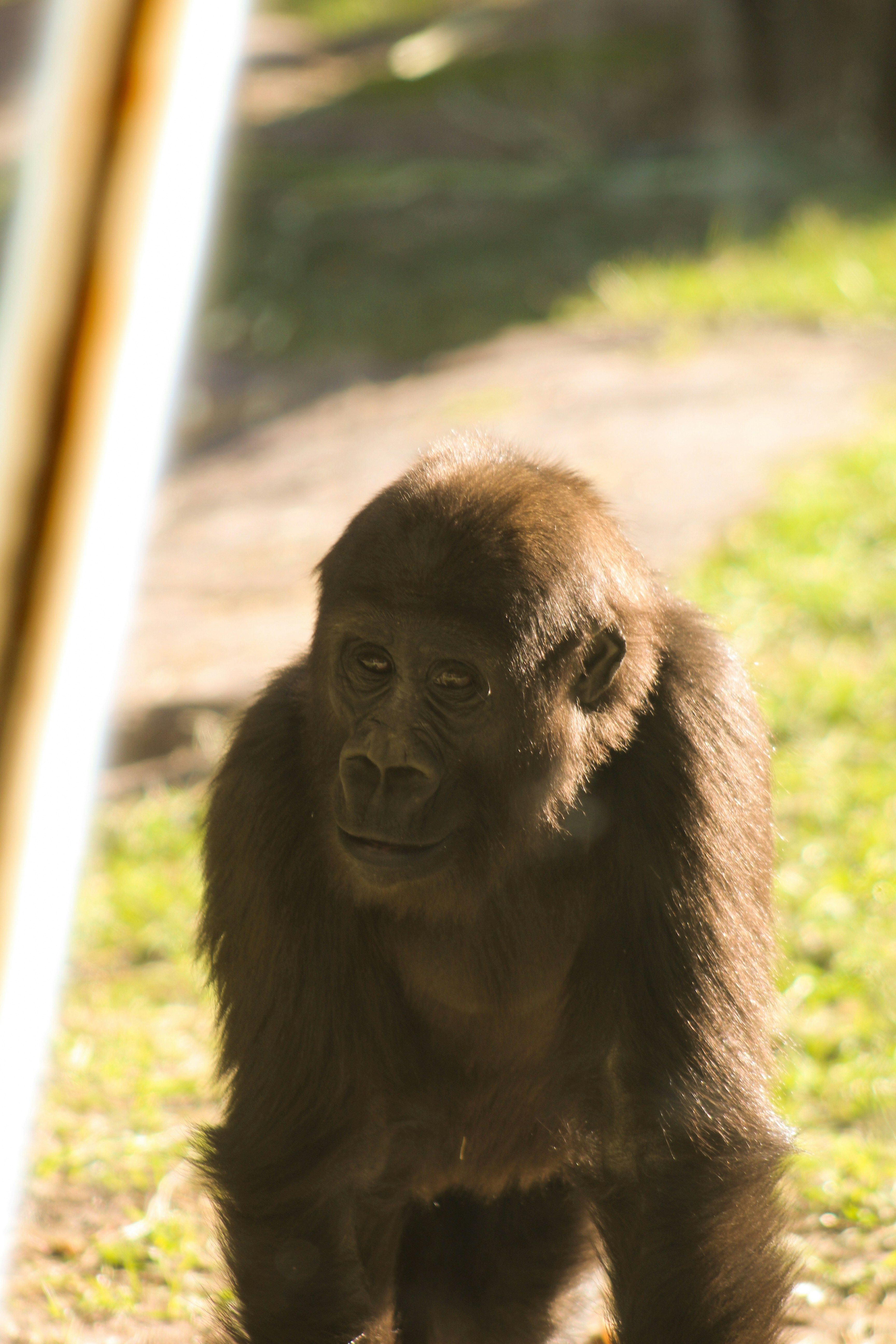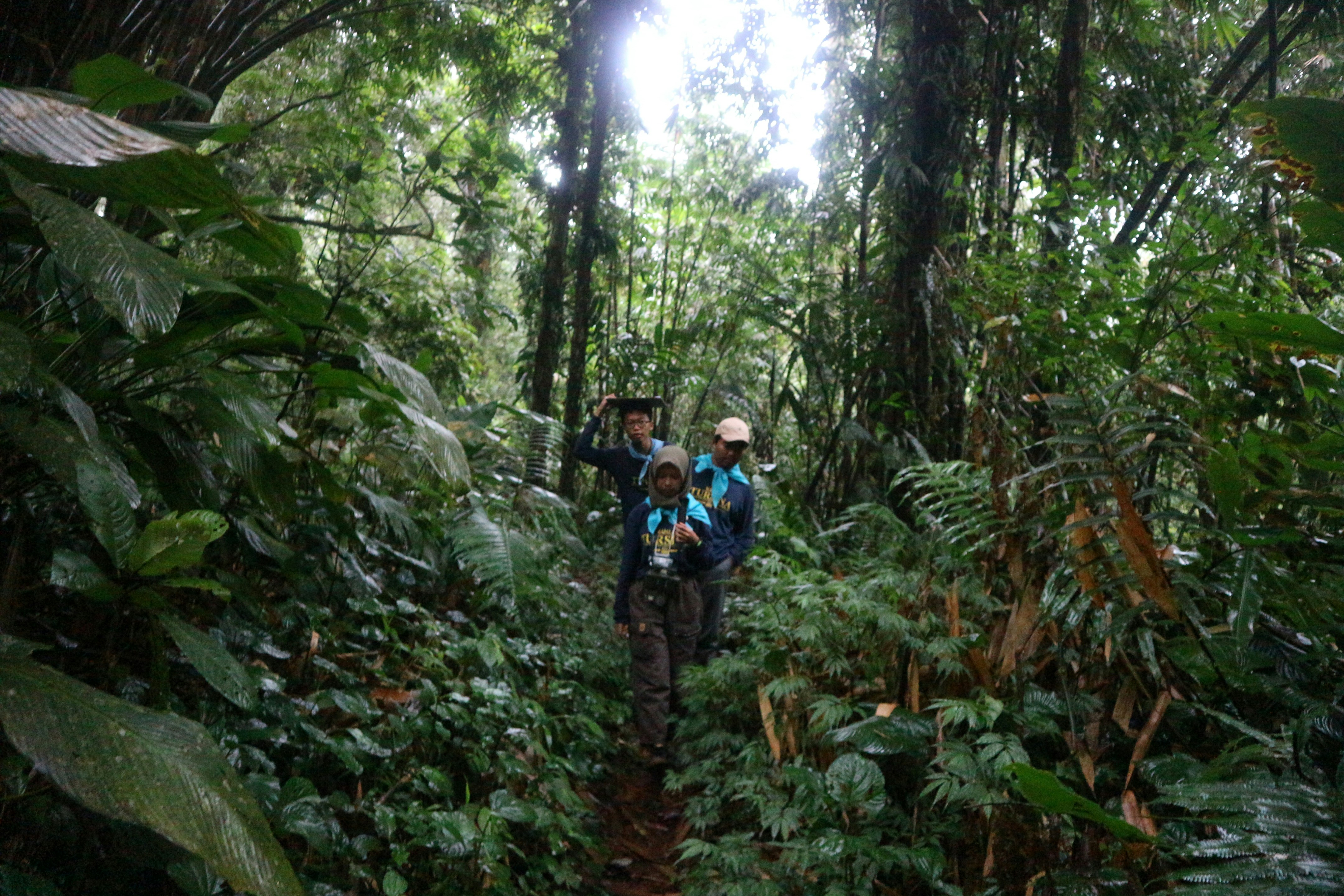Understanding the Importance of Travel Documents
When planning a gorilla trekking adventure, it is essential to prioritize obtaining the correct travel documents. These documents serve not only as legal requirements but also as significant safeguards for your journey. Without the necessary paperwork, travelers may encounter a range of complications that could jeopardize their trekking experience in countries such as Uganda or Rwanda.
One of the primary travel documents required for gorilla trekking is a valid passport. This document is critical as it facilitates your entry and exit from foreign countries. A passport ensures that you can travel freely and is often a requirement for securing accommodations, booking flights, and, most importantly, obtaining the permits needed for tracking gorillas in their natural habitat. Furthermore, a passport must be valid for at least six months beyond your date of entry to comply with various immigration requirements.
In addition to a passport, gorilla trekking permits are indispensable. These permits grant you access to specific areas where gorillas reside and often need to be booked in advance due to limited availability. Failing to secure a permit can lead to the disappointment of missing a once-in-a-lifetime experience. Alongside permits, travelers should also be aware of other necessary documentation, such as visas or health certificates, particularly if vaccinations like Yellow Fever are mandated.
The implications of not having the required travel documents can range from being denied entry to facing fines or legal issues. Therefore, thorough preparation is key. By ensuring you have the correct legal and travel documentation in place, you can significantly enhance your chances of a seamless and enjoyable gorilla trekking adventure, allowing you to fully immerse yourself in the natural beauty and wonder that awaits in these protected areas.
Required Travel Documents for Gorilla Trekking
When planning a gorilla trekking adventure, it is imperative to ensure that you have all the necessary travel documents in order to navigate the process smoothly. The primary requirement is a valid passport, which must remain valid for at least six months beyond your intended return date. This is a critical consideration as some countries refuse entry if your passport does not meet this criterion.
A tourist visa is also essential for entry into the countries where gorilla trekking typically occurs, such as Uganda or Rwanda. It is advisable to obtain this visa prior to your arrival, though some options for on-arrival visas may be available. Checking the specific entry requirements for the country you are visiting will help you avoid complications upon arrival. Ensure that your visa does not expire during your stay, as this can lead to significant legal issues.
Additionally, vaccination certificates may be necessary, particularly for Yellow Fever. Many African countries have strict health regulations, and travelers are sometimes required to present proof of vaccination. This document is vital to prevent any health risks during your travels and to comply with local laws. It is prudent to consult with a healthcare professional to determine which vaccinations are recommended for your trip.
For gorilla trekking, securing the appropriate permits is paramount. These permits can usually be acquired through the national parks or authorized agencies. It is wise to purchase these permits well in advance due to limited availability. Familiarizing yourself with the application process and checking the regulations on the official websites will grant you a smoother experience.
By ensuring that you have all the requisite travel documents and confirmations in hand, you can fully enjoy the breathtaking experience of gorilla trekking without unnecessary concerns regarding administrative issues.
Recommended Documents and Travel Insurance
When preparing for a gorilla trekking adventure, it is essential to gather not only the required permits but also several recommended documents that can enhance your travel experience and provide peace of mind. One of the most crucial documents to secure is travel insurance. This protection is invaluable, covering unforeseen situations such as trip cancellations, medical emergencies, or evacuation, which can be quite common in adventurous environments like those frequented by gorilla trekkers. A well-structured travel insurance policy should include coverage for medical expenses, repatriation, and additional travel disruptions that may arise.
In addition to travel insurance, travelers are advised to carry copies of their travel itineraries. Having a detailed plan that outlines your travel schedule and accommodations can be beneficial for both personal organization and in case assistance is needed during the trip. Emergency contact information is another vital document to have on hand, including details for local contacts, embassies, and health services. This information can be critical should something unexpected occur, ensuring prompt communication and assistance.
Furthermore, maintaining copies of relevant medical documents, such as vaccination certificates or prescriptions for any medications, is recommended. This information can help facilitate smoother interactions with healthcare providers in foreign settings. In today’s digital age, travelers should consider keeping digital copies of all these essential documents as a precautionary measure. Storing these in a secured cloud service or on a USB drive ensures easy access, reducing the risk of losing critical paperwork while on the move. By carefully organizing these recommended documents, you can mitigate risks and further enjoy the unique experience of gorilla trekking.
Preparation Tips and Final Checklist
Preparing for a gorilla trekking adventure involves careful planning and organization, particularly concerning essential travel documents. Before embarking on this unique journey, it is crucial to compile all necessary documentation to ensure a smooth experience. Begin by creating a list of crucial documents, including your passport, visa, gorilla trekking permits, travel insurance, and vaccination certificates. Check each document for validity and ensure they are all current. Pay special attention to your passport; it should be valid for at least six months beyond your intended date of departure from the country.
Once you have gathered all your documents, it is advisable to organize them systematically. Using a travel wallet can significantly streamline this process, allowing you to have everything in one place. This dedicated space can help you keep your passport, visa, and permits easily accessible. Additionally, consider creating digital copies of essential documents and storing them on a secured cloud service or email them to yourself. In the event of loss or theft, having these copies made readily available will simplify any necessary replacements.
Checking renewal dates ahead of your trip is another important step. Many countries require vaccines against diseases such as Yellow Fever, and the required certification can sometimes change based on seasonal guidelines. Ensure your vaccinations are up to date, and carry proof of these immunizations along with your other travel documents.
As your travel date approaches, it is wise to conduct a final checklist review, confirming that you have all documents ready and in order. This checklist should include a thorough examination of your gorilla trekking permit details, as discrepancies can lead to unnecessary delays or complications. Following these preparation tips can alleviate stress and enhance the enjoyment of your gorilla trekking adventure.



